The 8 Collagen Powerhouses for Youthful Skin and Joints
Collagen is often hailed as the fountain of youth, an essential protein that provides structure and elasticity to our skin, bones, and connective tissues. As we age, our natural collagen production diminishes, leading to wrinkles, joint pain, and a host of other aging signs. The quest for vibrant wellness has led many to seek out the best sources of natural collagen. This article delves into the top eight bountiful sources of natural collagen, offering insights into how these sources can be seamlessly integrated into your diet to rejuvenate and revitalize your body from within.
Bone Broth: The Traditional Elixir
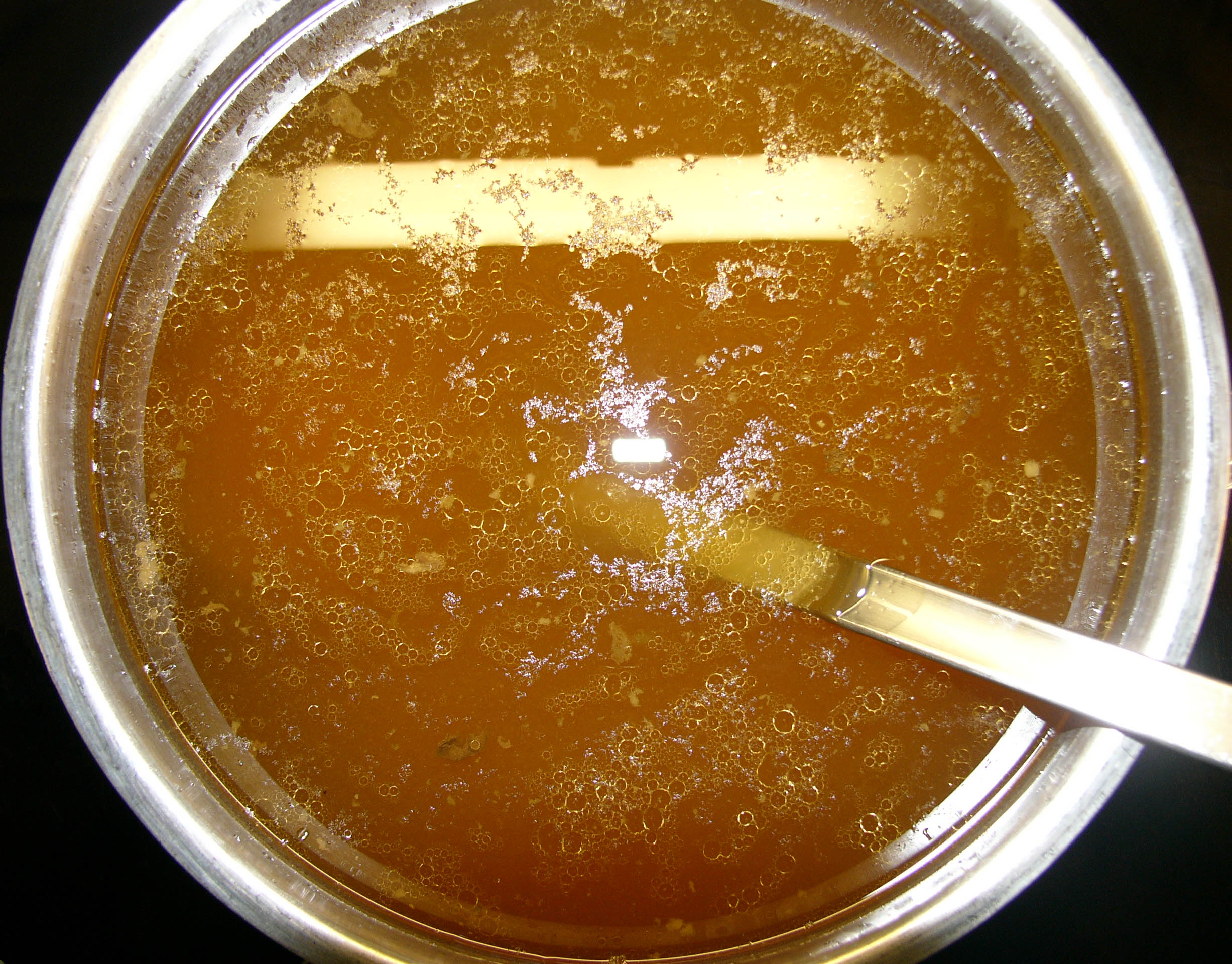
Bone broth has been celebrated for centuries as a powerful elixir for health and wellness. Made by simmering animal bones and connective tissues, this nutrient-dense broth is rich in collagen, gelatin, and a host of amino acids. The slow cooking process breaks down the bones, releasing collagen into the broth, which is then infused with the flavors of the ingredients. This not only enhances skin elasticity and joint health but also supports gut health. Incorporating bone broth into your daily routine can be as simple as sipping it as a warm beverage or using it as a base for soups and stews, making it a versatile and nourishing addition to your diet.
Fish and Shellfish: Marine Marvels
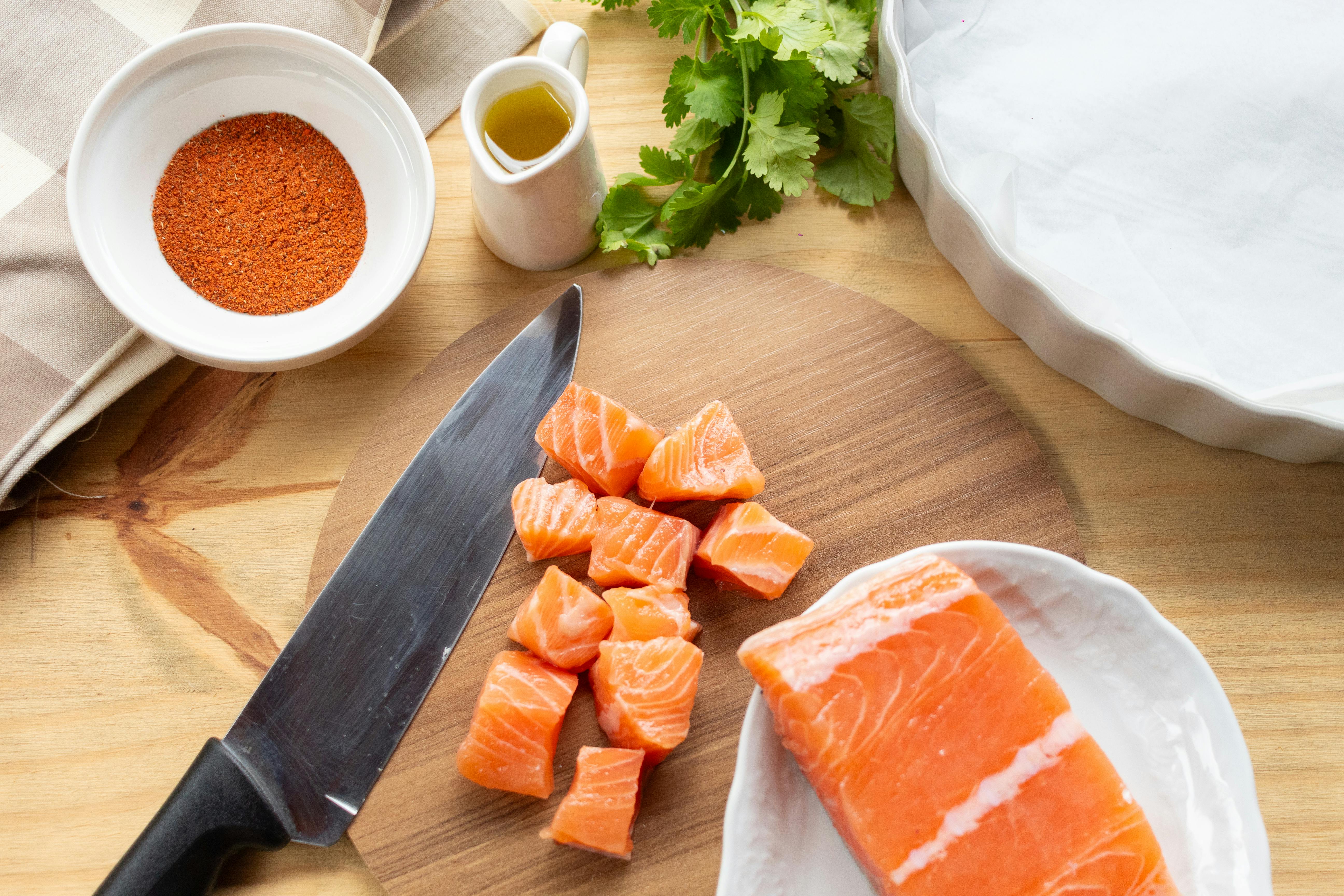
Fish and shellfish are not only excellent sources of lean protein but also abundant in collagen, particularly in the skin, scales, and bones. Marine collagen is known for its superior absorption due to its smaller particle size compared to other animal sources. This makes it a potent option for enhancing skin hydration and elasticity. Incorporating fish like salmon, mackerel, or sardines into your meals can boost your collagen intake. Additionally, fish skin and scales, often discarded, can be used to make collagen-rich broths, providing a sustainable approach to utilizing the whole fish.
Egg Whites: The Eggstraordinary Source
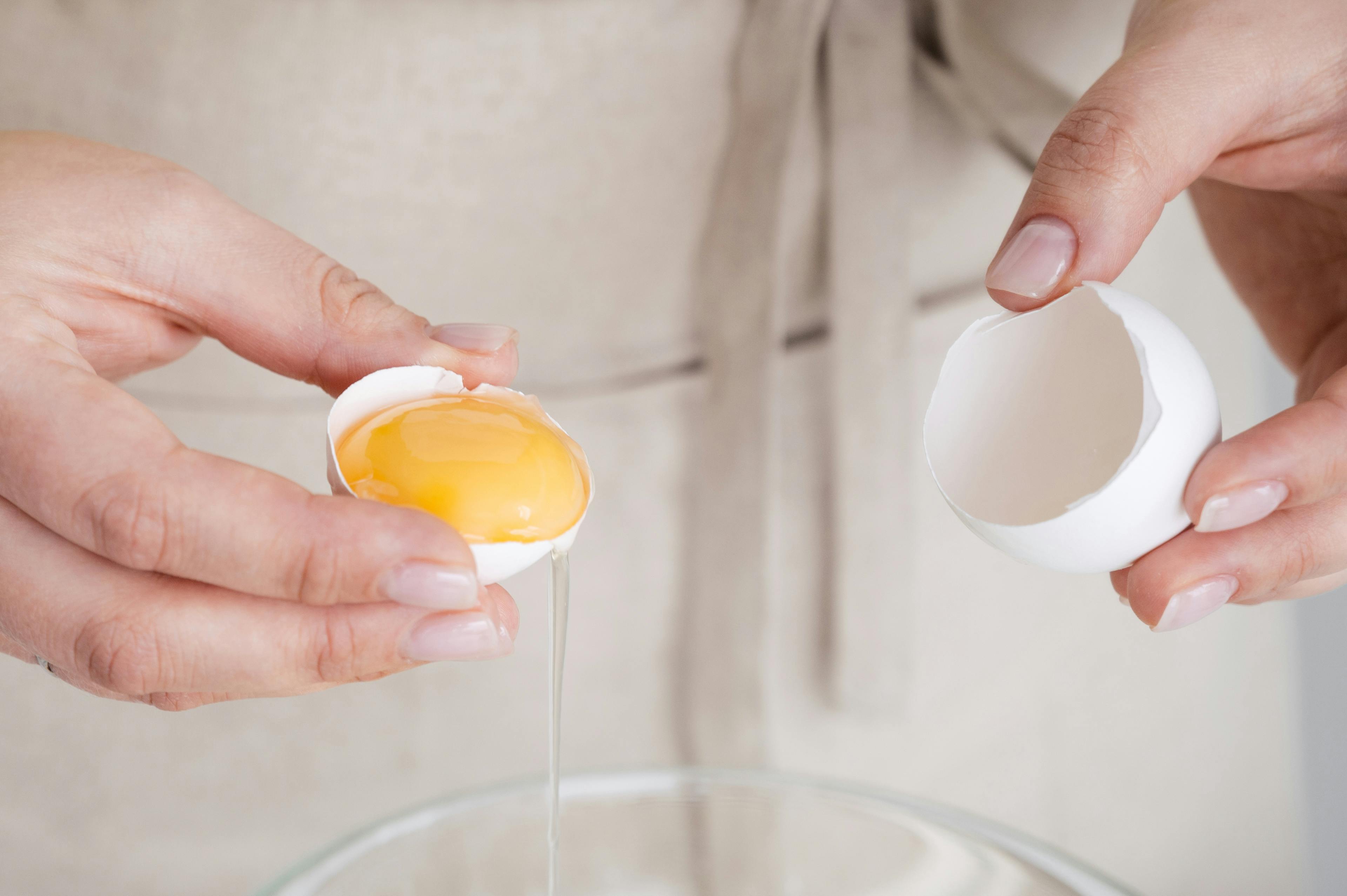
Egg whites are a surprising yet effective source of collagen. They contain proline, an amino acid essential for collagen synthesis. While eggs are commonly associated with protein, the white part specifically contributes to collagen production, supporting skin, hair, and nail health. Including egg whites in your diet can be as simple as whipping up an omelet or adding them to smoothies. Their versatility makes them an easy addition to various dishes, ensuring you receive their collagen-boosting benefits without altering your dietary preferences significantly.
Leafy Greens: The Plant-Based Powerhouses
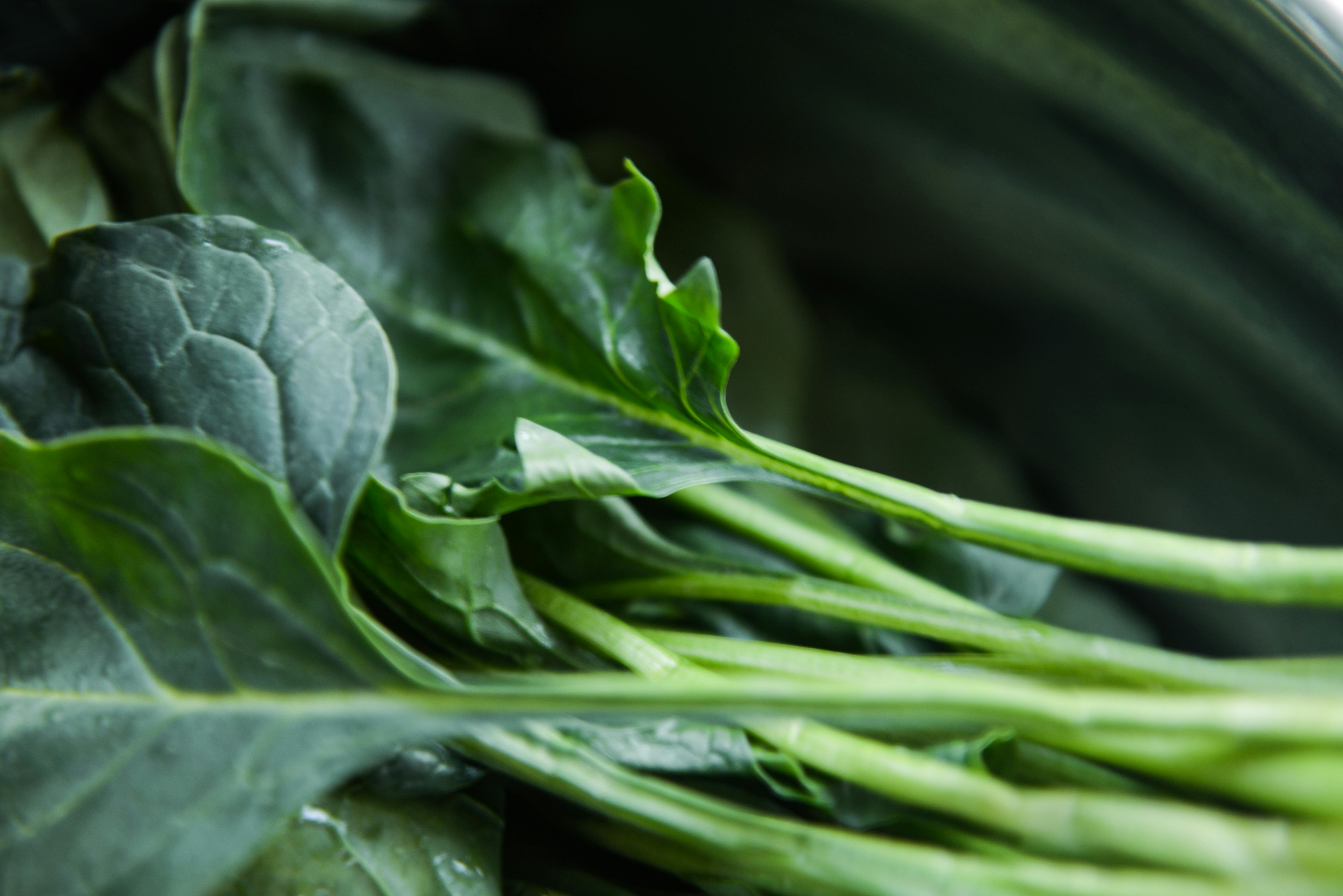
While collagen is predominantly found in animal products, leafy greens play a crucial role in supporting collagen production. Vegetables like spinach, kale, and Swiss chard are rich in vitamin C, which is vital for collagen synthesis. Vitamin C acts as a cofactor for the enzymes that stabilize and cross-link collagen fibers, enhancing their strength and resilience. Additionally, leafy greens are packed with antioxidants that protect against collagen degradation. Including a generous serving of these greens in salads, smoothies, or stir-fries can significantly contribute to maintaining youthful skin and robust connective tissues.
Citrus Fruits: The Vitamin C Vaults
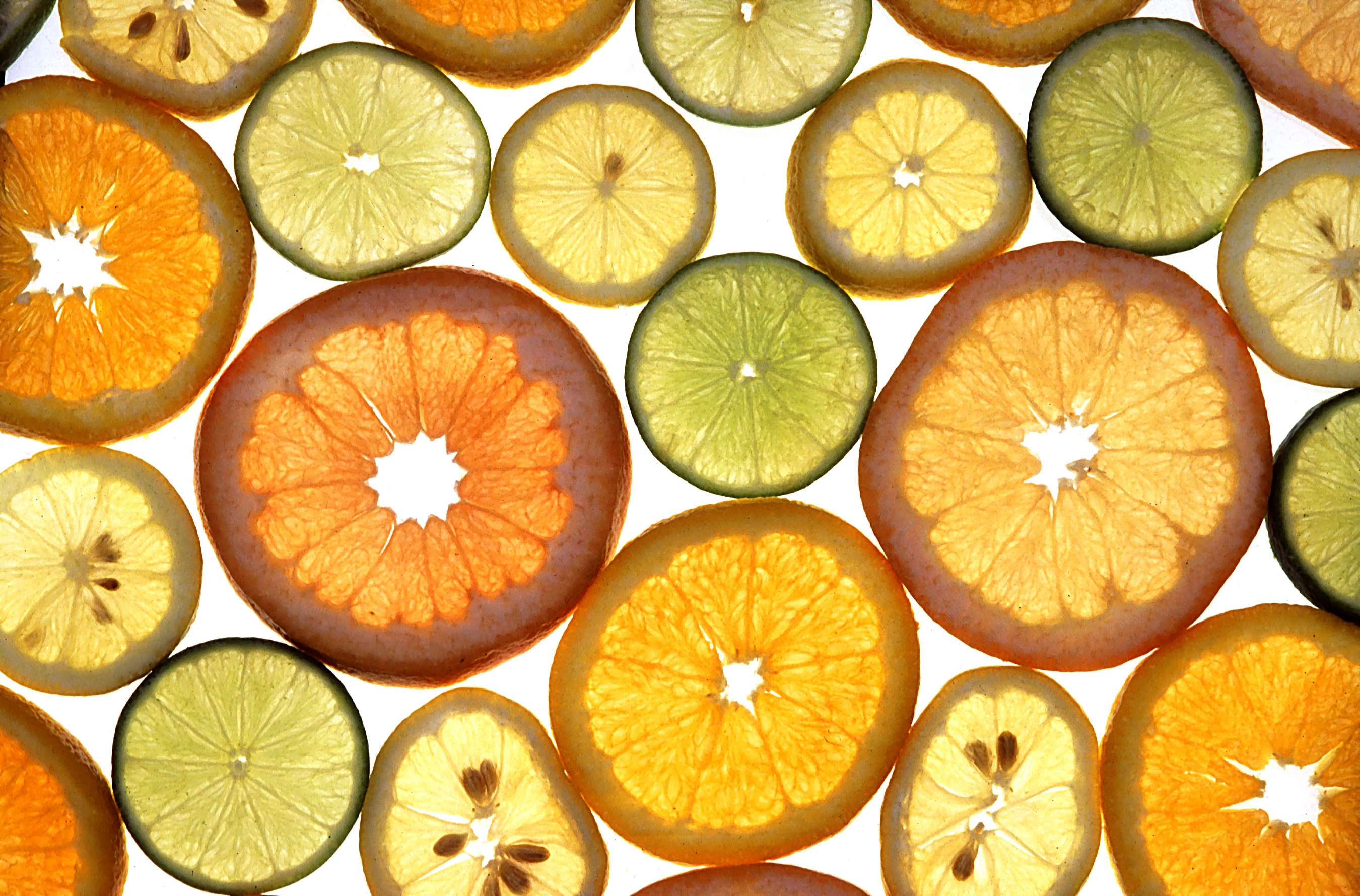
Citrus fruits such as oranges, lemons, and grapefruits are renowned for their high vitamin C content, a critical nutrient for collagen production. Vitamin C not only aids in the synthesis of collagen but also protects against damage from free radicals, which can degrade collagen fibers. Regular consumption of citrus fruits can help maintain firm, youthful skin and support overall immune health. Whether enjoyed as a refreshing juice, a zesty addition to salads, or a tangy snack, citrus fruits offer a delicious way to bolster your body's natural collagen production.
Berries: The Antioxidant Allies
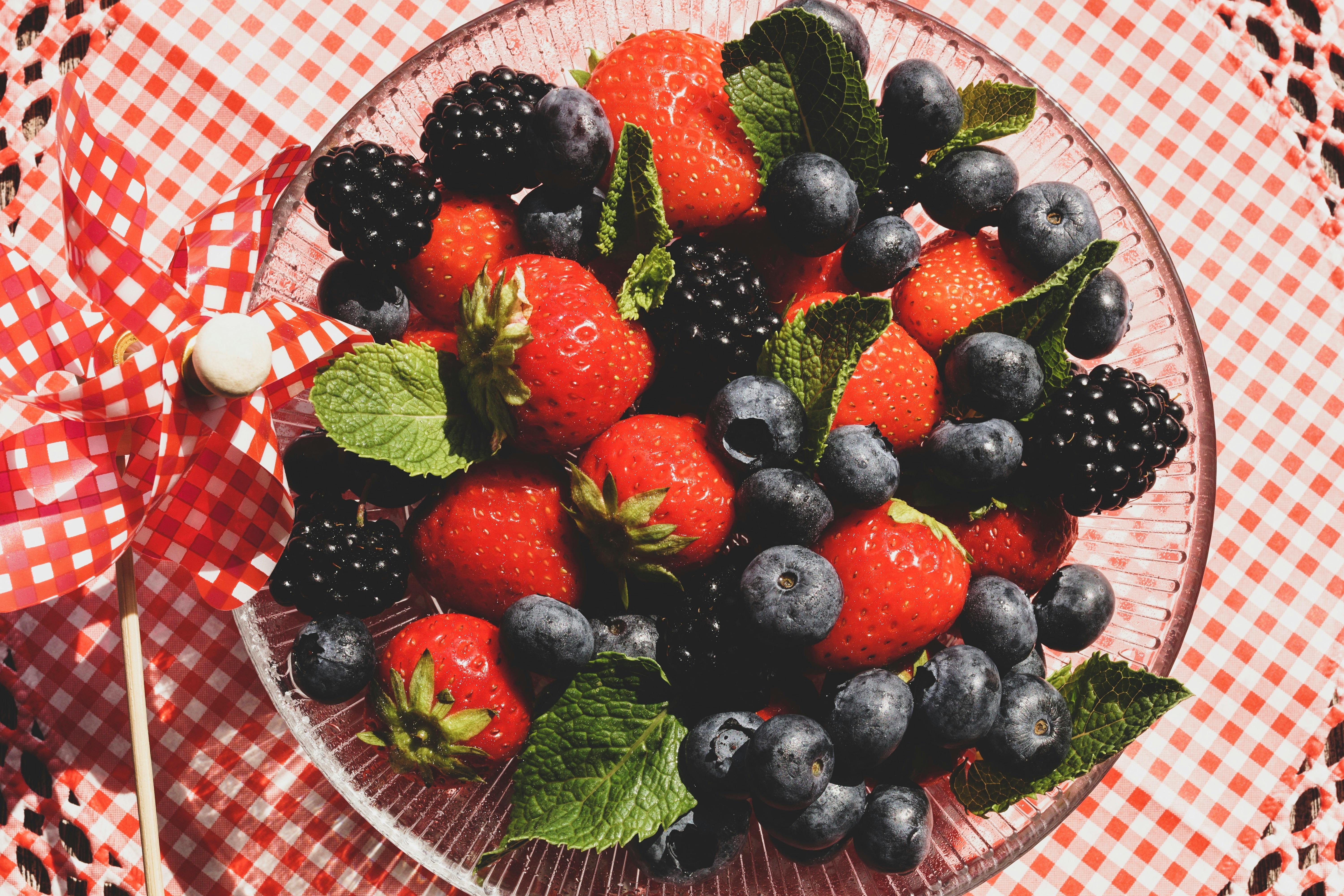
Berries, including strawberries, blueberries, and raspberries, are packed with antioxidants that protect collagen from oxidative stress. They are also rich in vitamin C, further supporting collagen synthesis. The ellagic acid found in berries has been shown to prevent collagen breakdown and promote skin elasticity. Incorporating a variety of berries into your diet can enhance your skin's resilience and appearance. Enjoy them as a snack, in smoothies, or as a topping for yogurt and oatmeal to reap their collagen-preserving benefits while indulging in their natural sweetness.
Nuts and Seeds: The Protein Pioneers
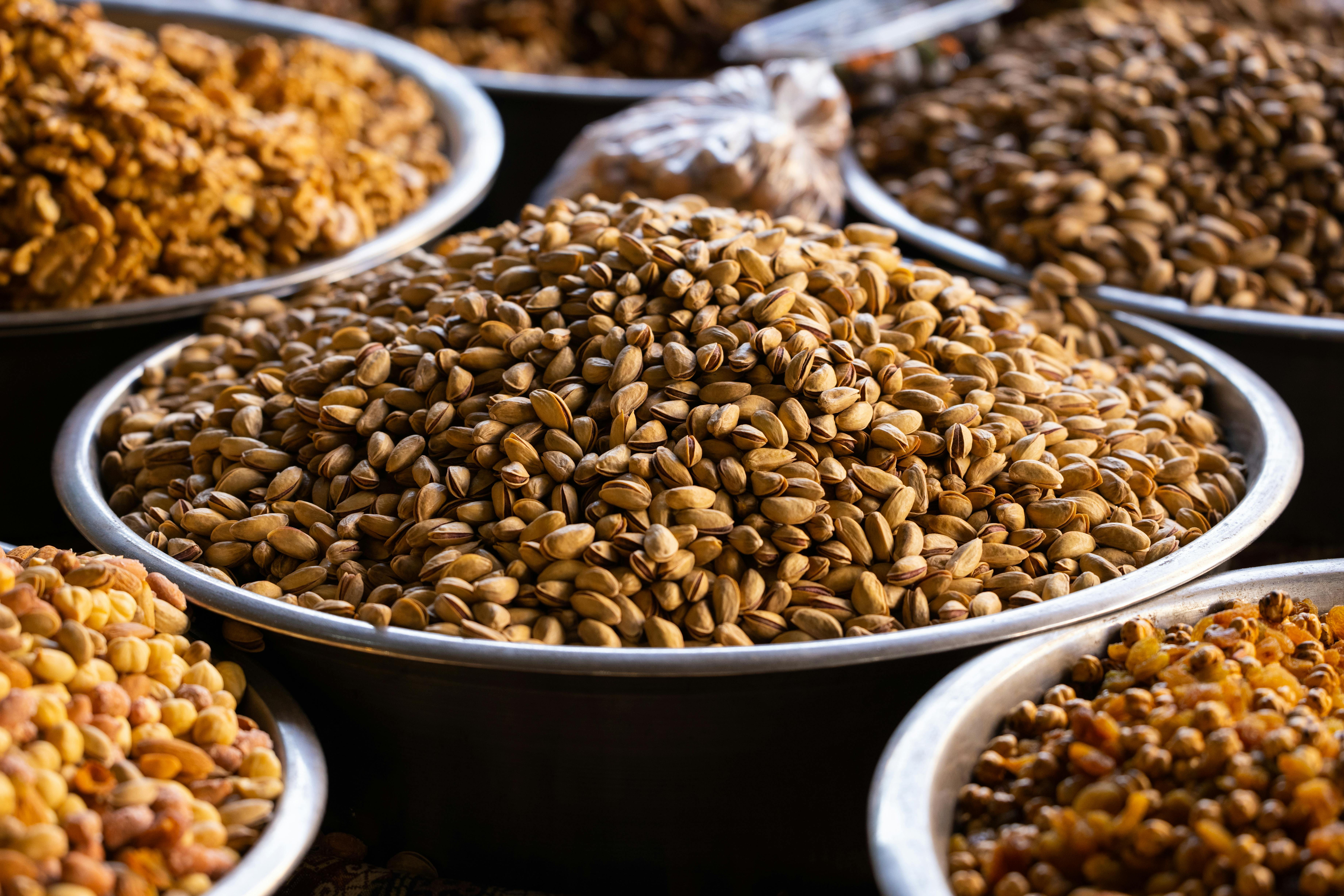
Nuts and seeds, such as almonds, walnuts, and flaxseeds, are not only rich in healthy fats and proteins but also contain zinc and copper, minerals essential for collagen production. These nutrients play a pivotal role in the formation and stabilization of collagen fibers. Additionally, nuts and seeds provide a plant-based source of amino acids necessary for collagen synthesis. Incorporating a handful of these nutrient-dense snacks into your diet can support skin health, promote joint flexibility, and enhance overall wellness, making them a convenient and tasty addition to your daily routine.
Garlic: The Sulfur Supplier
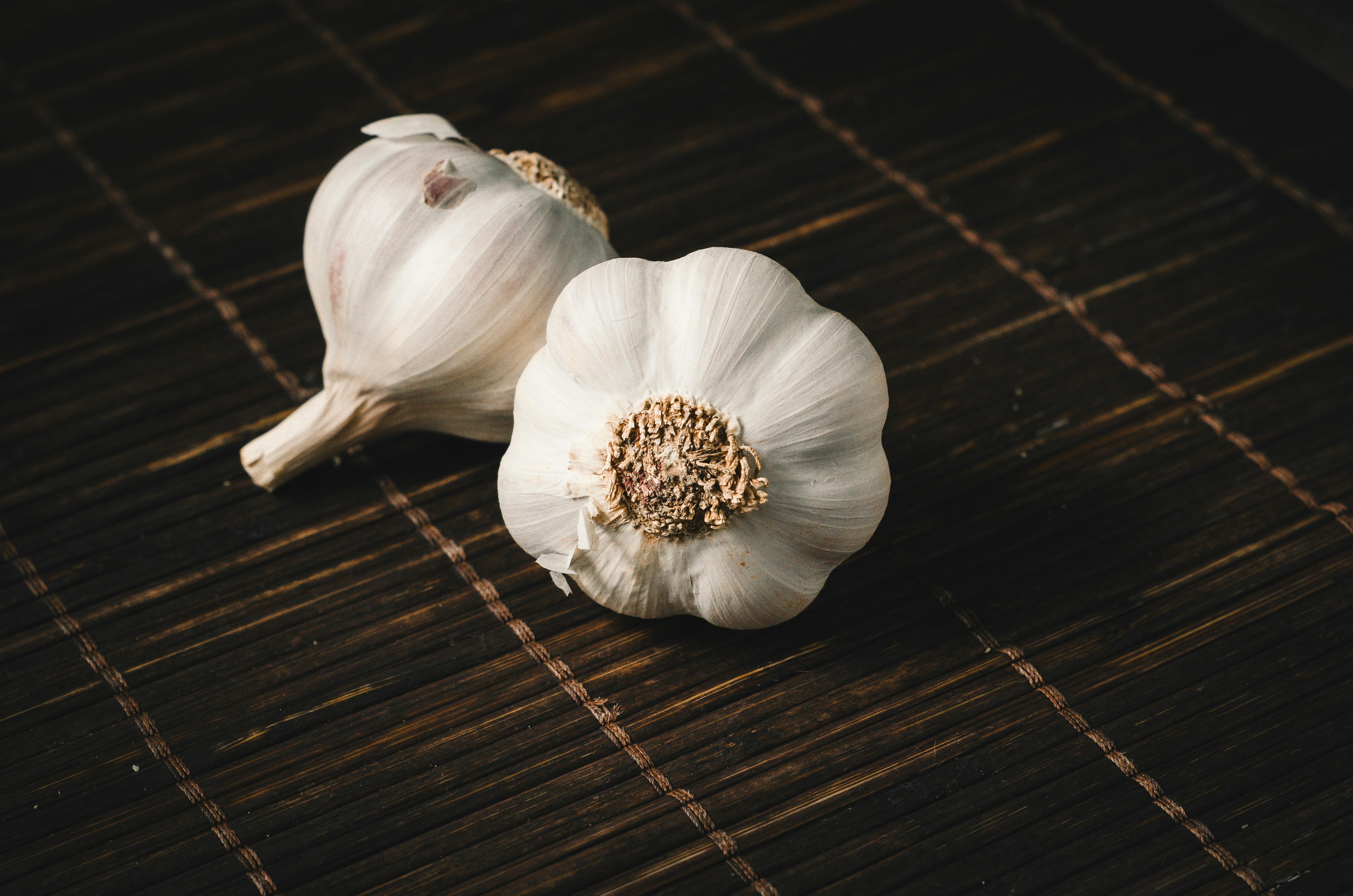
Garlic, a staple in many cuisines, is a potent source of sulfur, a trace mineral that helps synthesize and prevent the breakdown of collagen. Sulfur aids in maintaining the structure and integrity of collagen fibers, promoting skin elasticity and joint health. Additionally, garlic contains taurine and lipoic acid, compounds that support the rebuilding of damaged collagen fibers. Adding garlic to your meals not only enhances flavor but also provides a natural boost to your body's collagen production. Whether roasted, sautéed, or raw, garlic is a versatile ingredient that can be easily included in a variety of dishes.
Embracing Natural Collagen Sources
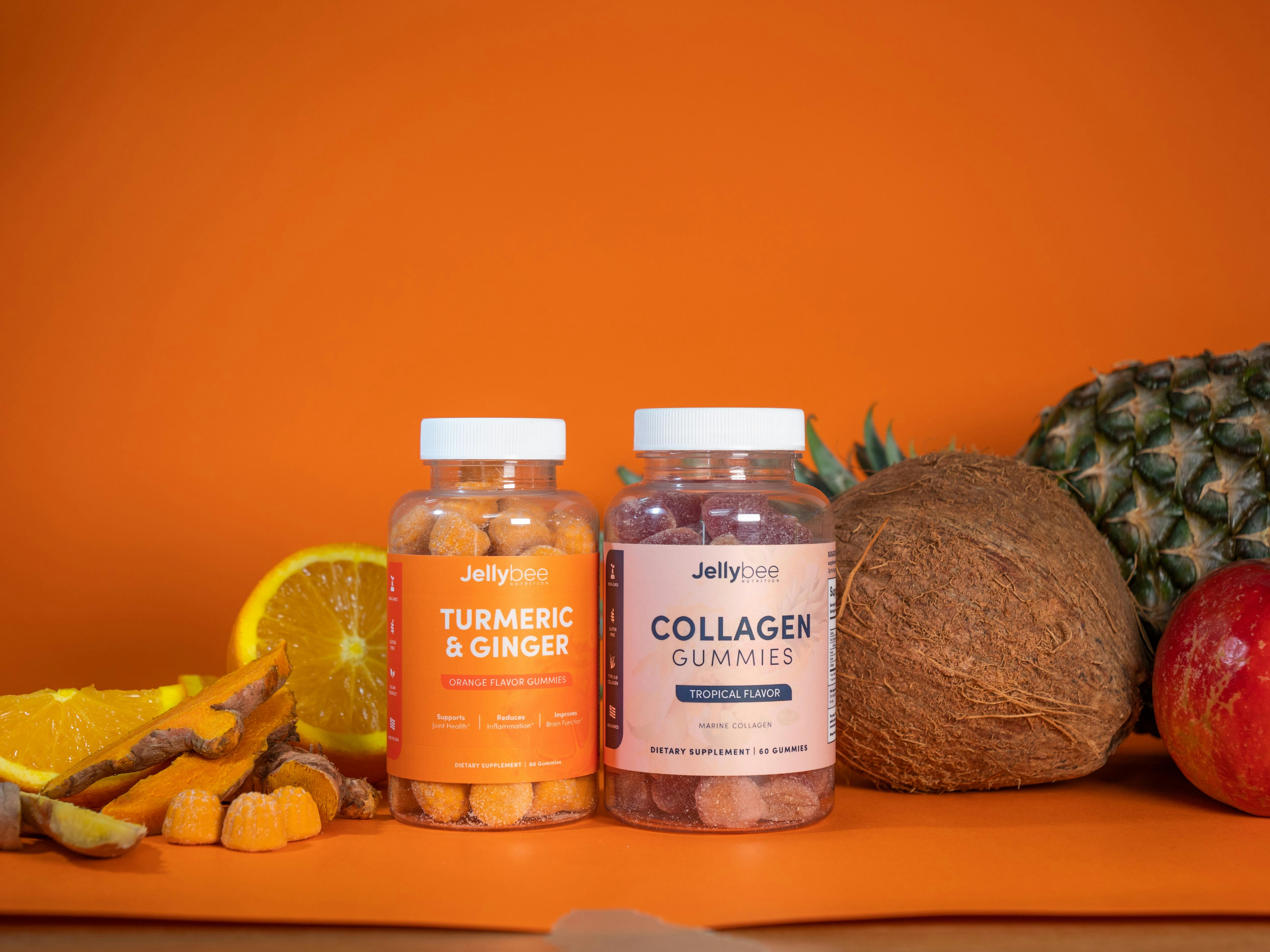
The journey to vibrant wellness is enriched by embracing these natural sources of collagen. Each of these eight bountiful options offers unique benefits, from the traditional nourishment of bone broth to the plant-based support of leafy greens and the antioxidant protection of berries. By incorporating a diverse array of these foods into your diet, you can support your body's natural collagen production, enhancing skin health, joint function, and overall vitality. Embrace these natural sources and unlock the potential for a more youthful and vibrant you.